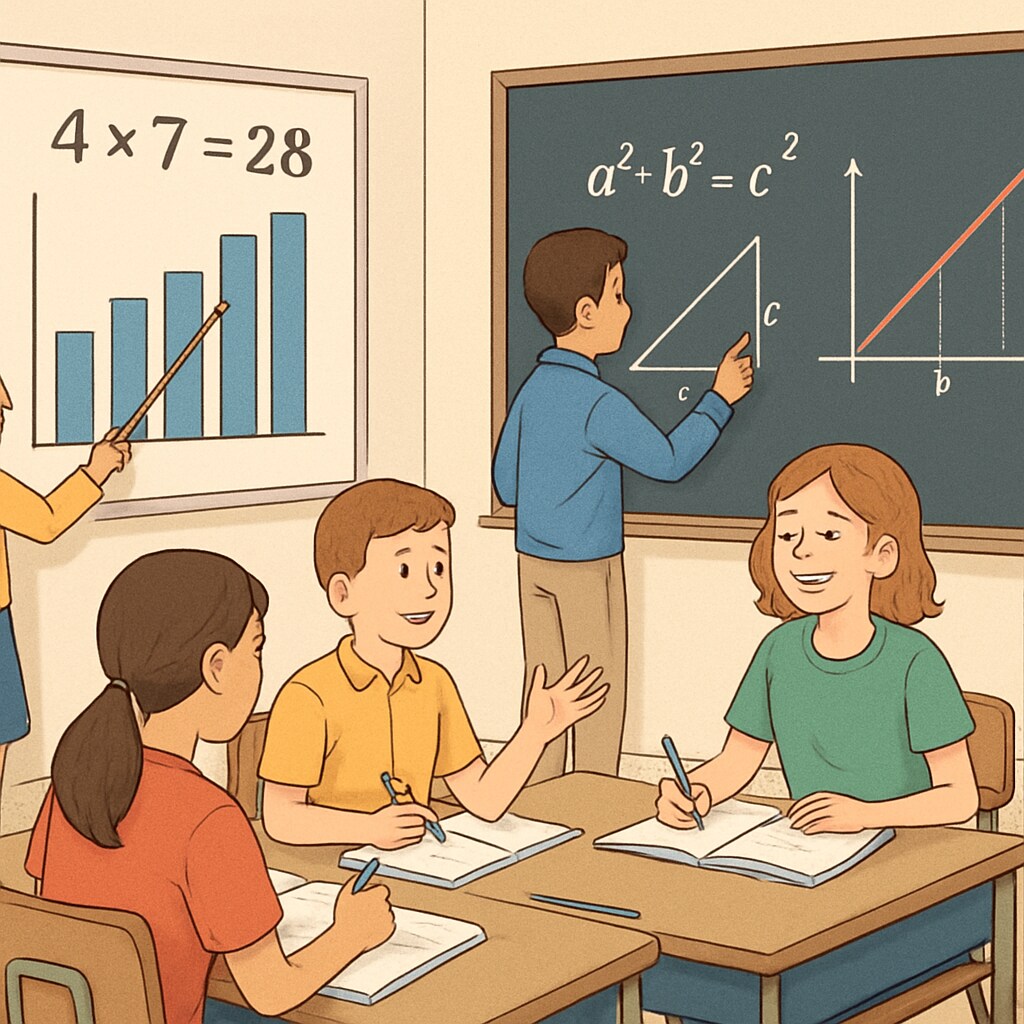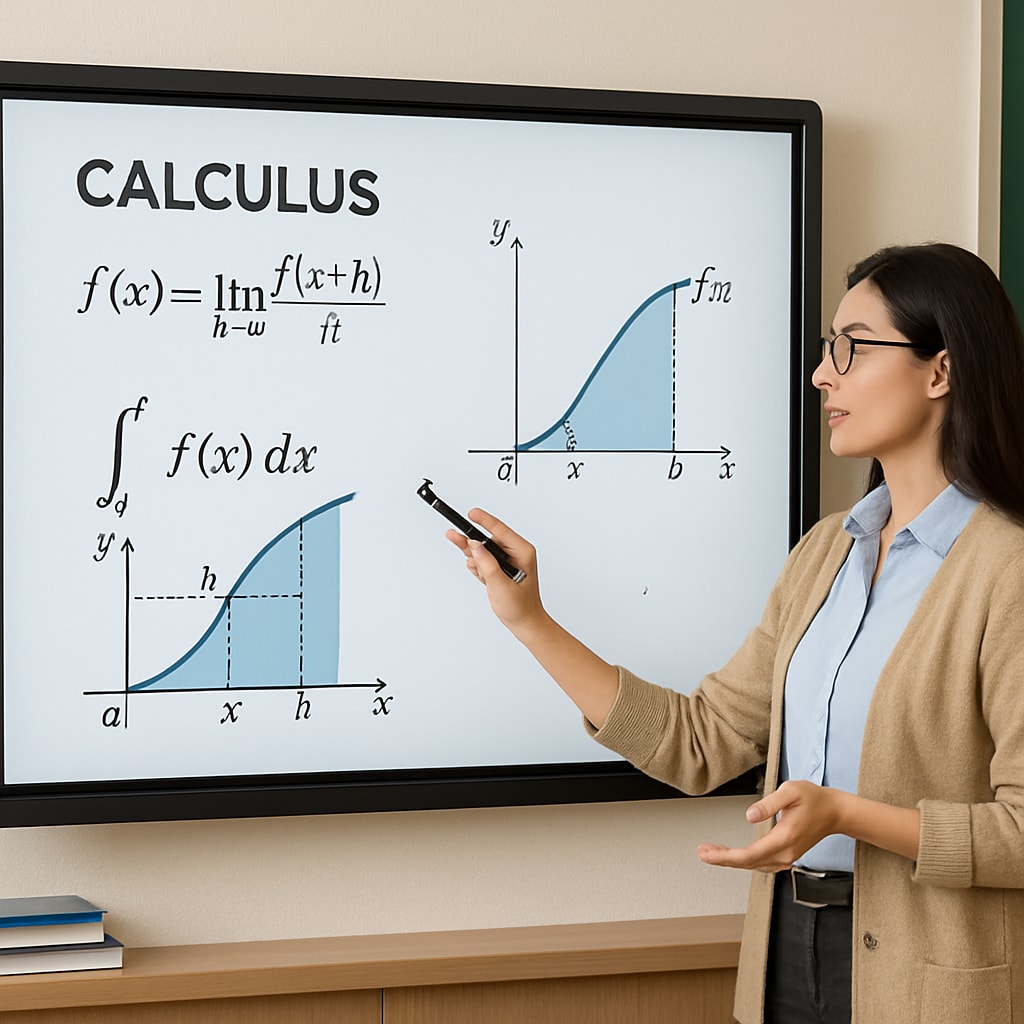High school math education often presents significant challenges for both students and teachers. During the final year, students encounter advanced topics that demand higher cognitive skills, leading to widespread learning difficulties. This article delves into key obstacles in high school math, focusing on Algeria’s official curriculum, and proposes simplified teaching strategies in Arabic to empower educators and help students overcome these hurdles.
Identifying Common Challenges in High School Math
For many students, the final year of high school math is a critical juncture. Topics such as calculus, trigonometry, and probability often prove daunting due to their abstract nature and complex formulas. Additionally, students may struggle with problem-solving techniques and the application of theoretical concepts in real-world scenarios.
Some specific difficulties include:
- Understanding advanced functions and their transformations.
- Mastering integral and differential calculus.
- Applying trigonometric identities in problem-solving.
- Grasping statistical concepts such as probability distributions.
These challenges are compounded by linguistic barriers, especially for Arabic-speaking students who might find mathematical terminology overwhelming. Addressing these issues requires adapting teaching methods to suit the linguistic and cognitive needs of learners.

Optimizing Teaching Strategies for High School Math
To bridge the gap between complex math concepts and student understanding, educators can employ tailored strategies that focus on simplification and engagement. Here are some effective approaches:
- Visual Learning Tools: Using diagrams, graphs, and visual aids to explain abstract concepts can significantly enhance comprehension.
- Interactive Problem-Solving: Encouraging group discussions and collaborative exercises helps students share ideas and develop problem-solving skills.
- Language-Specific Resources: Providing math textbooks and resources in Arabic ensures that students can fully grasp mathematical terms and definitions.
- Incremental Learning: Breaking down complex topics into smaller, manageable units allows students to build confidence gradually.
In addition, teachers can integrate modern technology such as educational apps and online platforms to make learning more accessible and interactive. For example, platforms like Khan Academy offer free resources tailored to different skill levels.

Aligning Strategies with the Official Curriculum
The Algerian official math curriculum emphasizes foundational skills while progressively introducing advanced topics. To align with this structure, teaching strategies must focus on building a solid base in earlier years and reinforcing these concepts in the final year.
Key steps include:
- Reviewing core principles from algebra and trigonometry to ensure students have a strong foundation.
- Introducing calculus concepts gradually and connecting them to real-world applications.
- Using practical examples and case studies to explain probability and statistics.
- Providing additional support for students struggling with specific areas through one-on-one tutoring sessions.
Furthermore, fostering a positive and supportive classroom environment is essential. Students who feel encouraged and motivated are more likely to overcome their difficulties and achieve academic success.
Readability guidance: Use concise paragraphs and bulleted lists to summarize key points. Incorporate over 30% transition words such as “however,” “therefore,” and “for example” to improve flow. Ensure each section remains focused and engaging.


